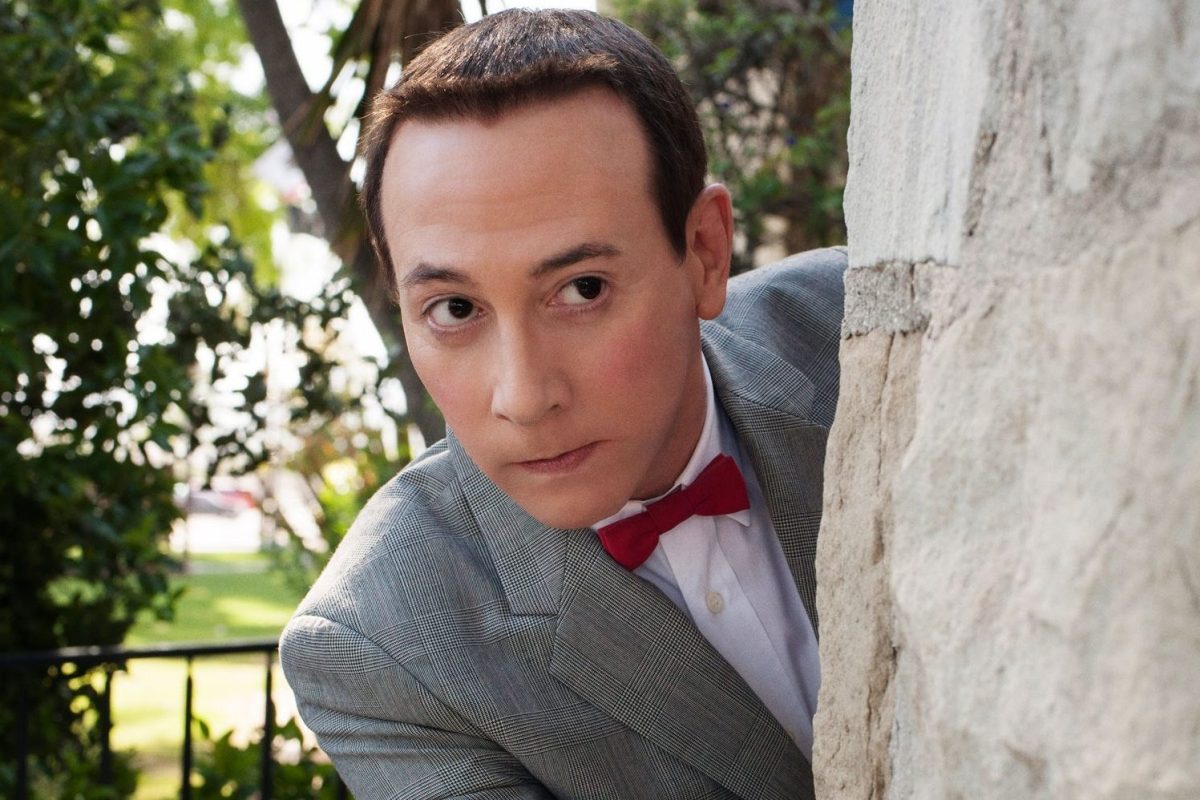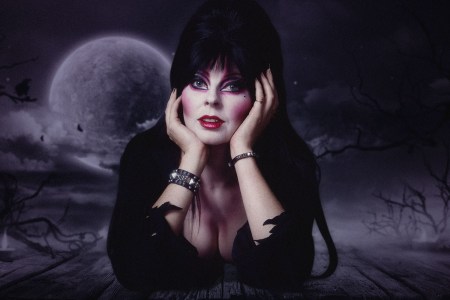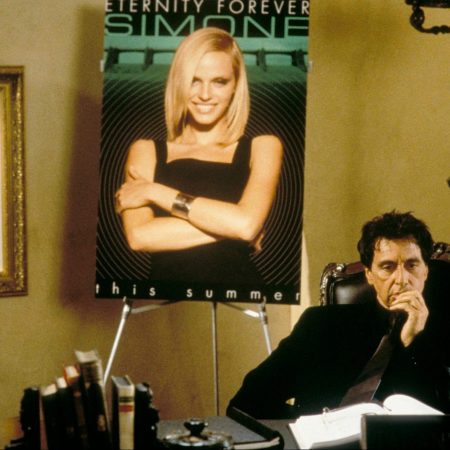The actor and comedian Paul Reubens has died at the age of 70 and — no, this can’t be right. That he’s dead feels wrong enough, but the age of 70 simply doesn’t add up. The man who invented and played Pee-Wee Herman was not Forever Young in the manner of a teen idol; if anything, Reubens gave the Pee-Wee character a weird, hilarious twist on Hollywood’s obsession with youth, spending his first feature film in dogged, bowtied pursuit of his bicycle, rather than, say, astride a motorbike in a leather jacket. Plenty of comedians play man-children; Pee-Wee was a child-man, like a character in a body-switch comedy who accepts his new adult form and runs away with it, refusing to look back. In the opening scenes of Pee-Wee’s Big Adventure, the film vehicle that Reubens co-wrote with Phil Hartman and Michael Varhol under the direction of then-first-timer Tim Burton, we see the Rube Goldbergesque contraptions powering the fort-like house where Pee-Wee evidently lives, on his own save for a pet dog. If Reubens didn’t project such happy-go-lucky confidence, such assuredness at his place in the world, we might fear for the animal’s safety.
Pee-Wee’s Big Adventure is probably the most beloved of Pee-Wee’s appearances, but the character proved remarkably durable, going from a Los Angeles stage show (formed in the wake of a failed Saturday Night Live audition!) to the film to the CBS Saturday morning program Pee-Wee’s Playhouse that seemed less like a children’s show than Pee-Wee’s idea of what any grow-up televised variety series would naturally consist of: robots, secret words, talking furniture, cowboys and sea captains. Reubens/Pee-Wee also starred in two more feature films, Big Top Pee-Wee and Pee-Wee’s Big Holiday, a new version of his stage show (captured in a 2011 HBO special), and countless in-character TV appearances — including a sweet-revenge hosting gig on SNL.
Reubens himself required no small amount of resilience to keep the character, and his career in general, going into his 40s and beyond. In 1991, he was arrested at a Florida porn theater for doing, well, what a lot of people do at porn theaters, and in 2002 he was charged with a misdemeanor for the possession of obscene material depicting sexual acts involving minors. The materials were pulled from a collection of vintage erotica, and the charges were later reduced to a lesser count of obscenity in exchange for a guilty plea. Reubens maintained that the images were not pornographic. As for the better-publicized incident in Florida, it resulted in the Pee-Wee character retreating from the public eye for a while — though Reubens did appear on the 1991 MTV Video Music Awards. After appearing visibly moved by a warm reception from the crowd, he asks with trademark impishness: “Heard any good jokes lately?” If you’ve ever seen Pee-Wee Herman for so much as a minute or two, you can probably hear the intonation in your head.
Elvira Is Staying Home for Halloween This Year
“Everybody thinks you’re a weirdo, but the thing about Elvira is she just keeps going on about her business,” the horror icon tells InsideHookMaybe that’s what made both the character and actor endure, despite any questionable judgments on the part of Reubens. His film projects in between Pee-Wee projects were sporadic but memorable: In Mystery Men (1999), his best non-Big Adventure comedy, he plays the Spleen, one member of a ramshackle third-tier superhero team, whose power is excess flatulence. It’s a dumb joke that Reubens plays to the hilt and beyond, making Spleen weirder and more off-putting than a mere gas-delivery vehicle; like Pee-Wee, his true superpower is his boundless enthusiasm. Blow (2001), probably his most successful serious turn, has him playing a pot dealer who assists Johnny Depp’s real-life George Jung on his journey to heading a coke empire. In another odd SNL intersection, he took over a role first played by Jon Lovitz in Todd Solondz’s Happiness sequel Life During Wartime (2010). In between his too-few substantial roles, Reubens kept busy with bit parts, TV guest appearances and voice work; the latter saw him voicing characters including Jokey Smurf, Screwy Squirrel, the Riddler and Bat-Mite (the cartoony inter-dimensional being who vexes Batman). He was such a perfect candidate for Gotham City residency that he appeared in various Batman universes several more times: In the opening of his pal Tim Burton’s Batman Returns (as the Penguin’s aristocratic dad) and in multiple episodes of Fox’s Gotham TV series.
All work that plenty of character actors would envy. But Pee-Wee Herman will be the Paul Reubens legacy, a character so irrepressible that he could play him at 30, 40, 60, whenever, and that kids and grown-up movie fans will be watching for decades more. Coincidentally, I revisited Pee-Wee’s Big Adventure on the big screen a few weeks ago, and it’s a remarkable artifact of its time, namely for what it refuses to represent about 1985. At a time when, yes, SNL stars ruled big-screen comedy through the charisma of Eddie Murphy, the anti-authority slacking of Bill Murray and the deadpan insouciance of Chevy Chase, and even some of their better films would descend into a noisy, largely joke-free action climax, Reubens threw back to the more physical, weird-little-guy comedy of Charlie Chaplin or Buster Keaton — though no one could mistake his constant murmurs or eruptions of joy for silent. Rather than aggrandizing himself into an aspirational hero, Reubens lets Pee-Wee anchor the movie despite his childlike desires that turn into monomania, his pettiness (everyone remembers, say, his dancing to “Tequila,” but the scene early on where he filibusters a local gathering of friends on how to best locate his bike is gleefully uncompromising), his outright strangeness. Though Pee-Wee does learn some empathy by the movie’s end, he remains unapologetically and impossibly himself. And though Reubens didn’t discuss his sexuality, his most famous character became a symbol of queerness, in a broader sense than Pee-Wee’s sexual preferences (which are apparently nil, as befitting a de facto nine-year-old boy). Reubens was open about considering Pee-Wee a part of himself — probably better-adjusted in some ways, he admitted in that Dateline interview linked above. It seemed likely that he was loudly expressing certain aspects of himself through Pee-Wee, and keeping others quieter and more grown-up.
That accounts for the dissonance of Reubens’ mortality. Seventy seems too young to leave us in this day and age, but we can do the math and accept that Paul Reubens was 70, and 70-year-olds sometimes get cancer and die. Pee-Wee Herman, however, should have no concept of death. Call him mortal, and there’s only one reasonable response: I know you are, but what am I?
This article appeared in an InsideHook newsletter. Sign up for free to get more on travel, wellness, style, drinking, and culture.
























